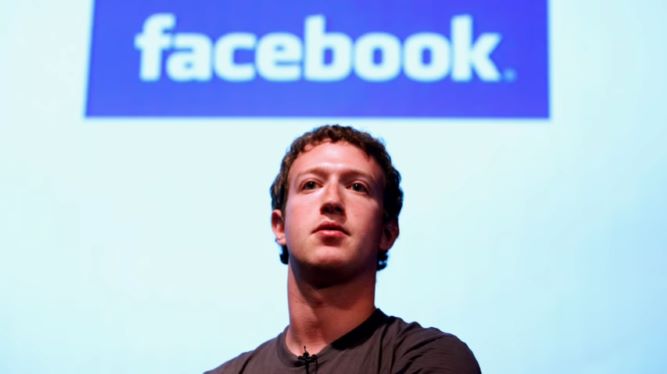The problems for the social networking giant Facebook continue to mount as yet another data-sharing scandal has exploded. The New York Times (NYT) has published a thorough investigation detailing Facebook’s data sharing practices, and reported that the social network provided some well-known tech companies with access to hundreds of millions of users’ data without their consent.
Interviews with former Facebook employees and its corporate partners, as well as hundreds of pages of documents obtained by the NYT, confirmed that Facebook made the questionable arrangements with partners such as Amazon, Spotify, Netflix and Microsoft. These alliances enabled the companies to “read, write and delete users’ private messages, and to see all participants on a thread”.
The records revealed, that “Facebook allowed Microsoft’s Bing search engine to see the names of virtually all Facebook users’ friends without consent. The social network permitted Amazon to obtain users’ names and contact information through their friends, and it let Yahoo view streams of friends’ posts as recently as this summer, despite public statements that it had stopped that type of sharing years earlier.”
The investigation uncovered more than 60 manufacturers of smartphones, tablets and other devices involved in the sharing deals with Facebook. For instance, Apple had been able to conceal from Facebook users all indicators that its devices were mining data. Apple devices could easily probe for contact numbers and calendar entries of people who had disabled the sharing options, by changing their account settings.
In reaction to the scandal, Facebook in its blog post admitted giving large tech companies access to people’s information, but claimed it had never been done without user’s permission, and pointed out that there is no evidence suggesting any misuse of this data.
Konstantinos Papamiltiadis, Director of Developer Platforms and Programs at Facebook, gave the following explanation: “To put it simply, this work was about helping people do two things. First, people could access their Facebook accounts or specific Facebook features on devices and platforms built by other companies like Apple, Amazon, Blackberry and Yahoo. These are known as integration partners. Second, people could have more social experiences – like seeing recommendations from their Facebook friends – on other popular apps and websites, like Netflix, The New York Times, Pandora and Spotify.”







